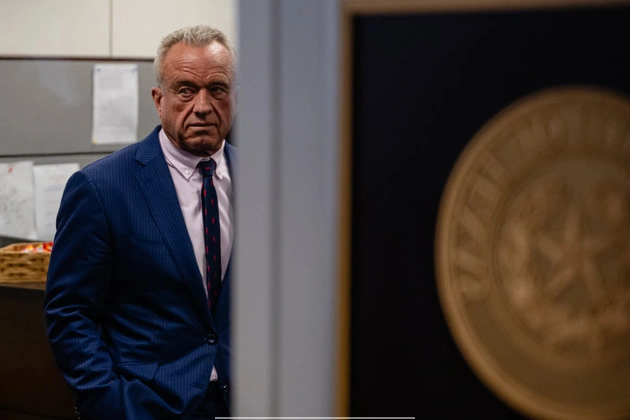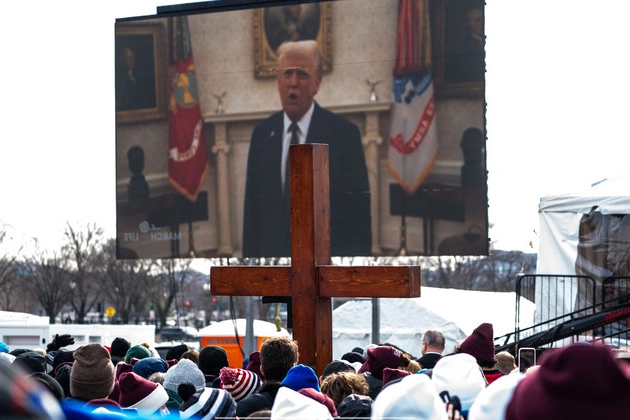
The Impact of RFK Jr.'s Nomination on Anti-Abortion Groups
The nomination of Robert F. Kennedy Jr. to lead the government’s health agencies has stirred mixed reactions within the anti-abortion movement. While some express serious concerns about his past support for abortion rights, others are cautiously optimistic about his potential alignment with their goals.
The Anti-Abortion Movement’s Response
Despite reservations, most leading anti-abortion groups have refrained from outright opposition to Kennedy’s nomination. This hesitance can be attributed, in part, to the deference felt towards the Trump administration, which has taken significant anti-abortion actions and appointed justices who overturned Roe v. Wade.
However, a sense of unease lingers within the movement, with some fearing that Kennedy’s selection may signal a shift away from the staunch pro-life stance maintained during the Trump era.
The Call for Opposition
While only one conservative group has openly declared opposition to Kennedy based on his abortion views, dissenting voices urge their peers to take a stand. Tim Chapman of Americans Advancing Freedom stresses the importance of prioritizing the sanctity of life over political expediency.
The organization, co-founded by former Vice President Mike Pence, is actively lobbying senators to reject Kennedy’s confirmation, citing his history of supporting abortion rights as disqualifying.
Divided Opinions
Amidst the uncertainty, various anti-abortion leaders await Kennedy’s statements at his confirmation hearing before formulating a definitive stance. Marjorie Dannenfelser of Susan B. Anthony Pro-Life America emphasizes the need for reassurance regarding Kennedy’s commitment to upholding pro-life policies.
Lila Rose, the leader of Live Action, adopts a more stringent stance, insisting that any wavering on fundamental pro-life actions would render Kennedy unfit for the role.
Hope for Alignment
Despite these reservations, some anti-abortion advocates find hope in Kennedy’s potential alignment with their cause. Organizations like Students for Life of America anticipate resonance with Kennedy on issues such as environmental contamination from abortion pills.
While acknowledging Kennedy’s past statements on abortion, Kristan Hawkins of Students for Life of America expresses confidence in finding common ground on crucial matters.
Policy Implications
If confirmed, Kennedy’s influence on the Trump administration’s abortion policies could be significant. Demands for restrictive regulations on abortion pills and the reversal of Biden-era executive orders are key priorities for anti-abortion leaders.
Though Kennedy has previously advocated for lifting government restrictions on abortion, his reassurances to adhere to Trump’s policy agenda have assuaged concerns among some conservative senators.
Testing Trump’s Influence
Kennedy’s nomination serves as a litmus test for Trump’s sway over individuals and groups traditionally aligned with the anti-abortion cause. Despite reservations, major health care industry associations have refrained from overtly opposing Kennedy, highlighting the complexities of political allegiances.
Conservative senators, in particular, face scrutiny for their responses to Kennedy’s nomination, with anti-abortion activists urging unwavering commitment to pro-life principles.
Reflections on Past Alliances
The anti-abortion movement’s engagement with Kennedy echoes its complex relationship with Trump, who transitioned from a pro-choice stance to championing anti-abortion measures. The movement’s resilience in navigating shifting political landscapes underscores the ongoing debate over the role of pro-life advocacy within the Republican Party.
As the confirmation process unfolds, the anti-abortion movement grapples with questions of loyalty, ideological purity, and the evolving dynamics of pro-life advocacy in contemporary politics.















